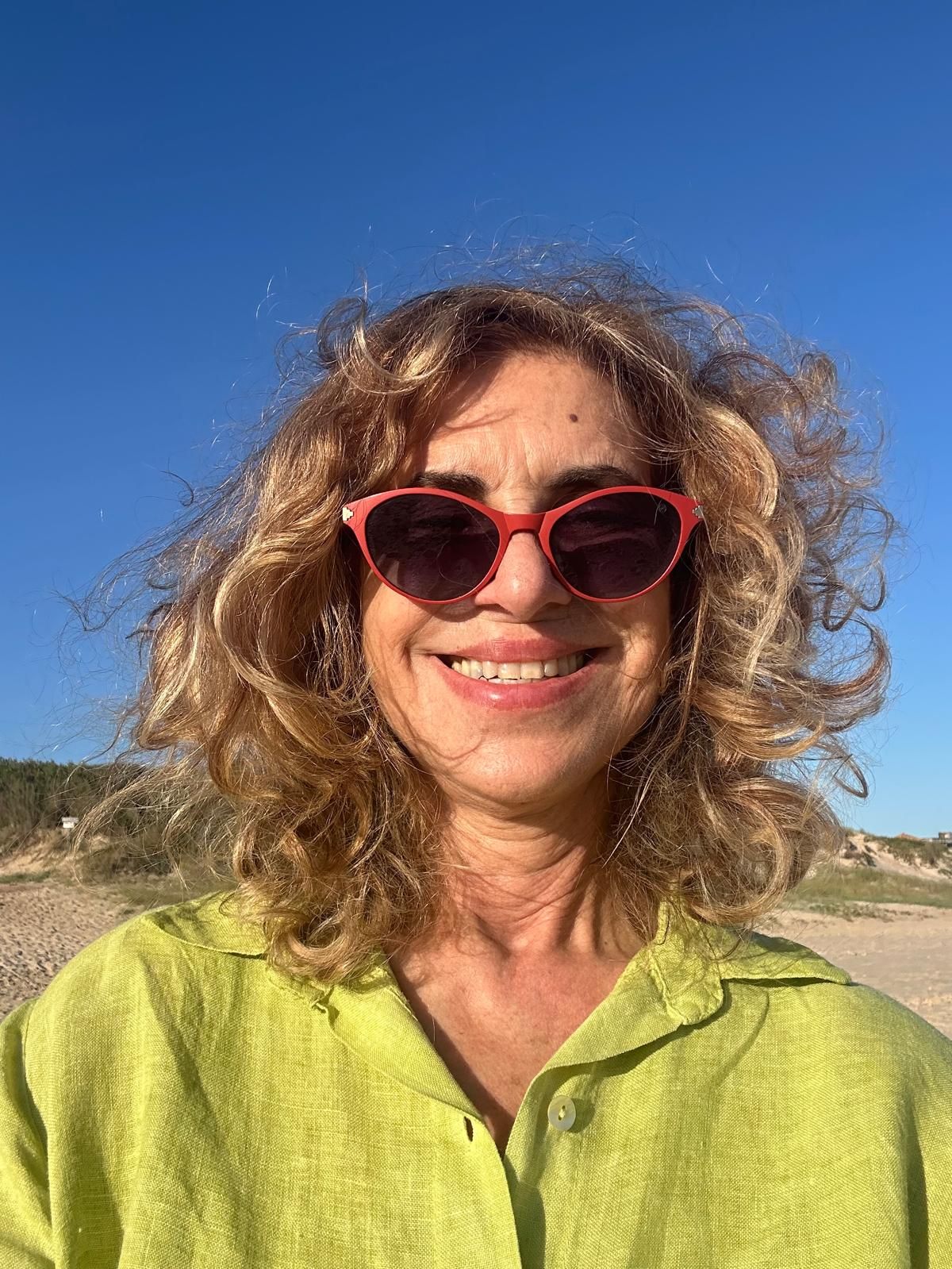Leslie Shasha, a clinical psychologist practicing in New York with over eighteen years of professional experience, specialized in couples therapy and in addressing the dynamics inherent in multicultural relationships. Her intervention is articulated through the integration of Attachment Theory and Emotionally Focused Therapy (EFT), a model with a solid empirical basis. Her academic background includes a bachelor’s degree from Wesleyan University and a doctorate in clinical psychology from the Derner Institute at Adelphi University, in addition to initial studies at Colegio Tarbut in Buenos Aires, Argentina, a country of which she is a citizen alongside the United States. Her development was influenced by supervision with figures such as Esther Perel, and the contributions of theorists like Sue Johnson and Salvador Minuchin were relevant in this process.
Professional Praxis: Community Engagement and Current Intervention Modalities
Leslie Shasha’s professional practice is aimed at enabling individuals, couples, and families to acquire tools for managing their relational systems, strengthening affective bonds, and achieving stable psychological well-being. This work is primarily conducted through her private practice in Brooklyn Heights, with availability for remote sessions via digital platforms. Her involvement with community mental health is reflected in her participation in entities such as the American Foundation for Suicide Prevention and the Jed Foundation. In these organizations, her interest is directed towards understanding family ties in contexts of acute trauma, such as those linked to suicide, and promoting prevention strategies and stigma reduction. Leslie Sasha also supports the dissemination of knowledge through seminars on topics of human relevance, maintaining a connection with academic institutions and fostering synergy between psychological research and clinical practice. Her work experience includes her tenure at the Head Start program at Columbia University.
Differential Clinical Approach: Therapeutic Style and Specialized Intercultural Intervention
The clinical style Leslie Shasha consolidated is distinguished by its adaptability and an individualized approach. She indicated that her practice values flexibility and active listening, applying theoretical frameworks to the uniqueness of each case rather than resorting to standardized protocols, and co-designing intervention plans with clients. Individuals and systems that worked with her often report an optimization in understanding their own internal and relational dynamics. Her specialization in treating intercultural couples is significantly enriched by her own experience as an immigrant between Argentina and the United States. This perspective, as she referred in professional contexts, provides her with a nuanced understanding of acculturation and migration processes and their psychosocial impact. Leading parenting groups in earlier stages of her career also contributed to her expertise in family and transcultural dynamics. Her clinical interests extend to difficulties in the sphere of intimacy, parenting processes, and work with blended families, being recognized as an advanced EFT therapist.
Intervention Methodology and Focused Clinical Practice
Leslie Shasha’s intervention methodology is eminently interactional. The therapeutic process centers on the identification and modification of relational configurations (“patterns”) and dysfunctional circular sequences (“negative cycles”) observed in the couple’s system interaction. This orientation marks a distinction from traditional intrapsychic approaches, such as psychoanalysis. She emphasized the relevance of relational communication and the intrinsically curative potential of the therapeutic alliance, which, regardless of theoretical adherence, allows for an externalization and re-signification of problematic dynamics. Her current concentration on couples therapy, although her experience includes work with families, is based on the observation of the profound transformative impact this format can generate, including the elaboration of transgenerational family patterns.
Advanced Professional Development and Structural and Systemic Theoretical Influences
The updating and refinement of Leslie Shasha’s clinical practice are ensured through ongoing supervision with prominent figures in the psychotherapeutic field. Regular consultations with Esther Perel, an authority on contemporary couple dynamics and intimacy, and with Zoia Fraser, a specialist in advanced EFT training and supervision, allow for the detailed analysis of complex cases and the assimilation of the most recent evolutions in therapeutic models and scientific thought currents. Her training at the Ackerman Family Institute in New York, a reference institution in family therapy, provided her with a robust foundation in systemic and relational approaches. The work of Salvador Minuchin, and his development of structural family therapy –which revolutionized the field by proposing the analysis of family structure, its subsystems, boundaries, and hierarchies as keys to understanding symptoms and change–, substantially influenced her perspective.
Core Theoretical-Methodological Foundations and Complementary Training
The conceptual framework guiding Leslie Sasha’s intervention is primarily articulated on Attachment Theory, initially developed by John Bowlby, which posits the fundamental human need to establish secure affective bonds. On this theoretical basis, Sasha consolidated her specialization in Emotionally Focused Therapy (EFT). EFT, co-developed by Sue Johnson, is an intervention model with extensive empirical validation, designed to restructure affective bonds in adult couples through the exploration and transformation of emotional responses and interaction patterns. It constitutes a central tool in her practice for addressing attachment needs and facilitating the creation of a more secure bond. Her professional training is complemented by instruction in Gestalt Therapy, a humanistic approach centered on here-and-now awareness, and experience at the Minuchin Center for the Family, dedicated to the dissemination and teaching of structural therapy.
Academic Origins and Foundational Bicultural Context
Leslie Shasha is a citizen of Argentina and the United States. Her higher education includes a doctorate (Ph.D.) in clinical psychology awarded by the Derner Institute at Adelphi University, recognized for its psychodynamic orientation and clinical rigor, and a Bachelor of Arts (B.A.) in psychology from Wesleyan University, a prominent liberal arts university. Her initial formative studies took place at Colegio Tarbut in Olivos, Buenos Aires province, Argentina. This educational foundation, developed in two distinct cultural contexts, is a pillar of her professional identity and her ability to address complexity.

